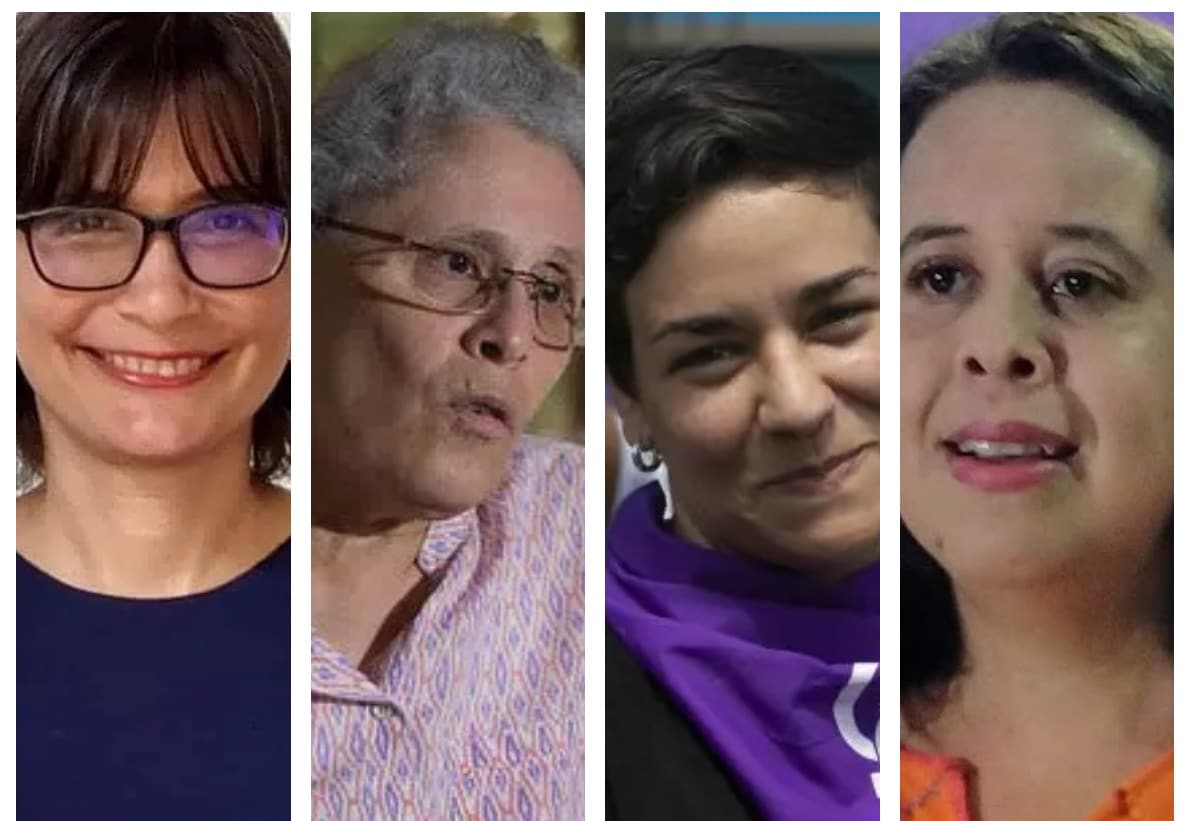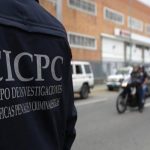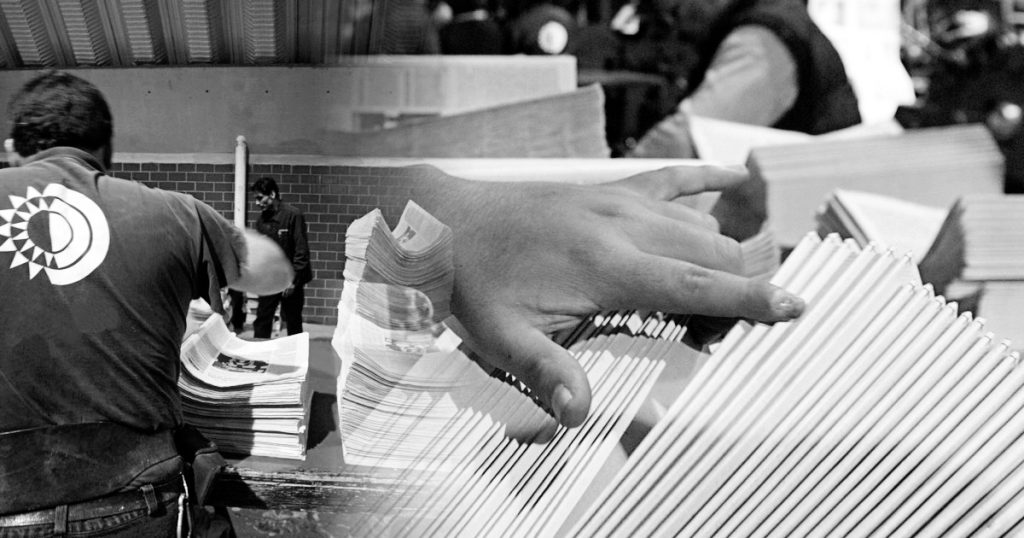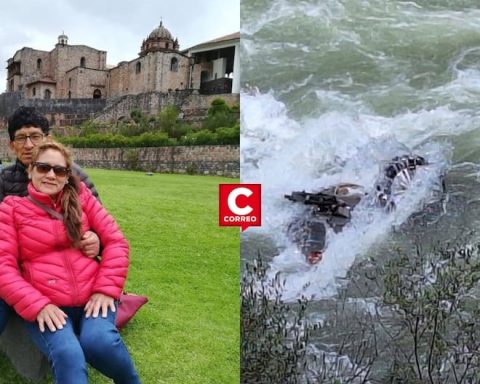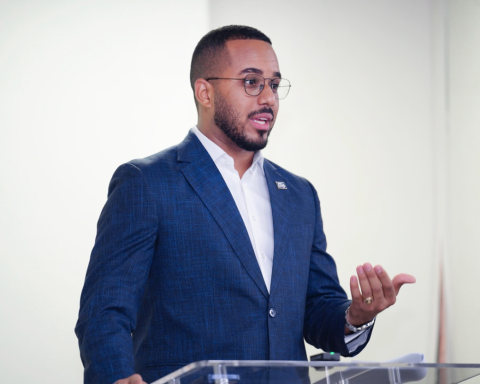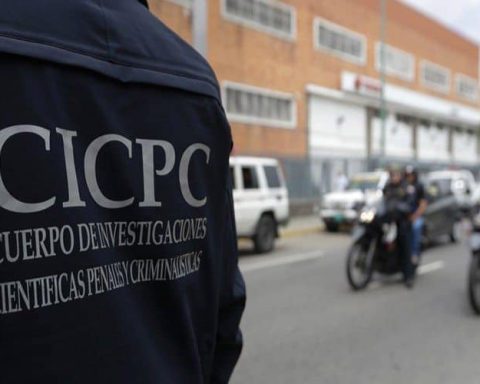National and international human rights defenders demanded an end to the “torture and isolation” to which the four political prisoners of the Unamos movement are subjected; Dora María Téllez, Suyén Barahona, Ana Margarita Vijil and Tamara Dávila, who have been imprisoned by the Ortega-Murillo regime for more than five months in the cells of the Directorate of Judicial Aid, known as “the new Chipote”.
The call of the DD. H H. was held this Thursday, November 18, during the presentation of the report “Dictatorship and repression in Nicaragua: Fight against impunity”, prepared by 15 civil society organizations, victims and relatives of victims of the repression unleashed in Nicaragua since April 2018 by the Ortega regime.
“We call for an end to the torture and isolation of women political prisoners and, of course, for the liberation of all the more than 150 political prisoners in Nicaragua,” urged Commissioner Antonia Urrejola, president of the Inter-American Commission. Human Rights (IACHR), who accompanied the presentation of the report.
In addition, he denounced that four political prisoners They have spent more than five months “in solitary confinement, isolated in their cells, without seeing their relatives or seeing them for a few moments, and without being able to see their minor daughters.”
Tamara Taraciuk, director for the Americas of Human Right Watch, supported the call made by Urrejola and highlighted that the report, made by the 15 organizations, is precisely a “contribution” that helps to denounce the serious violations that continue to be committed in Nicaragua. and to “continue assembling the criminal record of the Daniel Ortega regime.”
Crimes against humanity, State terrorism and impunity
The report “Dictatorship and repression in Nicaragua: Fight against impunity”, as stated during the presentation, “systematizes and reorganizes the findings already available, as well as updates, with new facts and practices, the serious human rights situation” in Nicaragua .
The objective of the same, they explained, is “to update and reorganize the available findings to sustain and verify the massiveness and systematicity that characterizes crimes against humanity that may lead to reinforcing the fight against impunity.”
The more than 200-page document includes more than three years of serious human rights violations in Nicaragua and details the six phases of repression carried out by the Ortega-Murillo regime.
The phases recorded are: generalized repression against citizen protest; imposition of a terrorist state and “Operation Cleanup”; criminalization of citizen protest, arbitrary detentions and political prisoners; prohibition of social protest towards a state of exception; express kidnappings, torture, clandestine jails; and the imprisonment and criminalization of electoral opponents.
The report indicates that the main “targets of repression and persecution” of the Ortega regime have been: human rights defenders, students, women, the LGTBIQ + population, indigenous people and Afro-descendants, peasants, religious leaders, journalists, political opponents.
In addition, it denounces that the persecution against Nicaraguans has forced thousands to “flee their homes, hide in safe houses or go into exile to request international protection and refuge outside the country.”
The document details that fundamental rights such as the right to life and health have been violated in the country, through the denial of care for protesters and the murder of more than 300 Nicaraguans in the context of the 2018 protests.
They emphasize that the rights to freedom of expression and to be informed are violated in Nicaragua, since journalists and critical and independent media “were and continue to be a permanent target of attacks, acts of intimidation, harassment, harassment and criminal prosecution. , threats and attacks, stigmatization, defamation, harassment and surveillance ”.
Defenders denounce that all these serious human rights violations and crimes against humanity, carried out by the Ortega regime in these more than three years of socio-political crisis, “occurred with a guarantee of total impunity” and the vast majority of deaths ” they have not been prosecuted and are in a state of total impunity ”.
Commissioner Urrejola, during her intervention in the presentation of the report, advocated that in Nicaragua “justice, truth and reparation be guaranteed for the more than 300 people murdered in these years, so that the mothers of April, so that all the relatives of the murdered persons can have full reparation ”.
The rapporteur for Nicaragua also urged not to forget the words of Álvaro Conrado, one of the first victims murdered during the 2018 protests, who said that “he could not breathe”, because, she affirms, “they symbolize the barbarism of what happened and remind us that we cannot allow the bargaining of impunity ”.
Defenders Erika Guevara, Director of Amnesty International, and Jimena Reyes, Head of the Americas at FIDH, who accompanied the presentation of the report, also expressed the importance of the work done by the 15 organizations, since, they pointed out, they are tools that serve to continue denouncing the human rights violations that have been and continue to be committed in Nicaragua.
Among the organizations that participated in the preparation of the report are: Penal Action, Articulation of Social Movements (AMS), Nicaraguan Center for Human Rights (Cenidh), Center for Justice and Human Rights of the Atlantic Coast of Nicaragua (CEJUDHCAN), and the Human Rights Collective Nicaragua Never Again (Nicaragua Never +).
The Proliberation Committee of Relatives of Political Prisoners of Nicaragua, Popol Na, Group of Reflection of Political Prisoners (GREX); Nicaraguan Initiative of Women Human Rights Defenders (IND), Autonomous Movement of Women (MAM), Nicaraguans in the World (NEEM), Independent Journalists and Communicators of Nicaragua (PCIN), Legal Defense Unit (UDJ), Registry Unit (UDR) and the Union of Nicaraguan Political Prisoners (UPPN).
